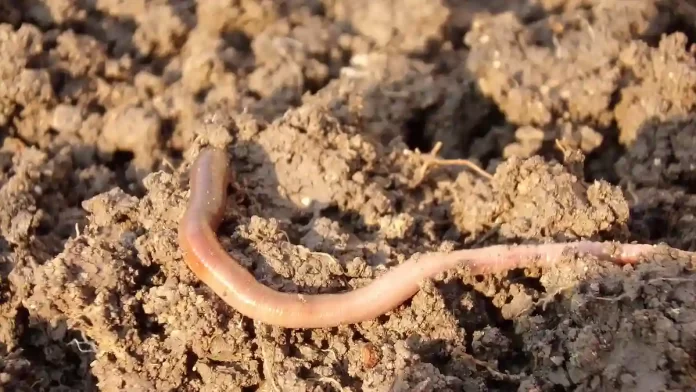Nature operates in a delicate balance, and one crucial aspect of this equilibrium is the decomposition of organic matter.
Detritivores, often overlooked in the grand tapestry of ecosystems, play a pivotal role in breaking down dead organic material, recycling nutrients, and maintaining ecological health.
In this article, we will explore the diverse world of detritivores, both on land and in the sea, shedding light on these unsung heroes that contribute to the sustenance of life.
Detritivores on Land
- Earthworms (Class: Oligochaeta):
Found in virtually every soil type, earthworms are perhaps the most iconic detritivores on land. They burrow through the soil, ingesting and breaking down decaying plant material. Their activities enhance soil aeration and nutrient availability, making them indispensable for agriculture. - Dung Beetles (Family: Scarabaeidae):
Specialized in consuming feces, dung beetles play a crucial role in nutrient cycling. By burying and consuming dung, they not only prevent the spread of diseases but also enrich the soil with essential nutrients. Some species even use dung balls for nesting. - Millipedes (Class: Diplopoda):
Often mistaken for centipedes, millipedes are primarily herbivores, feeding on decaying plant matter. Their consumption of detritus helps break it down into smaller particles, facilitating the decomposition process. - Springtails (Order: Collembola):
These tiny hexapods are found in soil and leaf litter, feeding on fungi, algae, and decaying organic matter. Springtails contribute to nutrient cycling by breaking down complex organic compounds into simpler forms. - Ants (Family: Formicidae):
While many ant species are primarily predators, some, like leafcutter ants, engage in fungus farming. They cultivate fungi on decomposed plant material, creating a mutualistic relationship that benefits both the ants and the fungi.
Detritivores in the Sea
- Sea Cucumbers (Class: Holothuroidea):
In marine environments, sea cucumbers are prominent detritivores. They feed on detritus and plankton, processing it through their digestive systems and excreting nutrient-rich sediment, contributing to the health of coral reefs and other ecosystems. - Crabs (Order: Decapoda):
Several crab species play a vital role in marine detrital food webs. They scavenge on decaying organic matter, contributing to the breakdown of dead animals and plants. Mangrove crabs, for example, contribute to nutrient cycling in coastal ecosystems. - Isopods (Order: Isopoda):
Commonly known as sea roaches or woodlice, isopods inhabit various marine environments. They feed on decaying matter, including dead animals and plants, contributing to the recycling of nutrients in marine ecosystems. - Brittle Stars (Class: Ophiuroidea):
Brittle stars are echinoderms that play a vital role in marine detrital communities. They scavenge on organic particles on the ocean floor, breaking down detritus and contributing to the cycling of nutrients in deep-sea ecosystems. - Sea Snails (Class: Gastropoda):
Certain sea snails, such as whelks and conchs, are detritivores that feed on decaying organic matter. Their feeding habits contribute to nutrient cycling in coastal and deep-sea environments.
Conclusion
Detritivores, both on land and in the sea, are the unsung heroes of ecosystems. Their role in breaking down organic matter, recycling nutrients, and maintaining the balance of nature is invaluable.
Recognizing and appreciating the contributions of these often-overlooked organisms is crucial for understanding and conserving the intricate web of life that sustains our planet.
As we continue to explore and study these detritivores, we gain deeper insights into the intricate connections that make up the circle of life.
